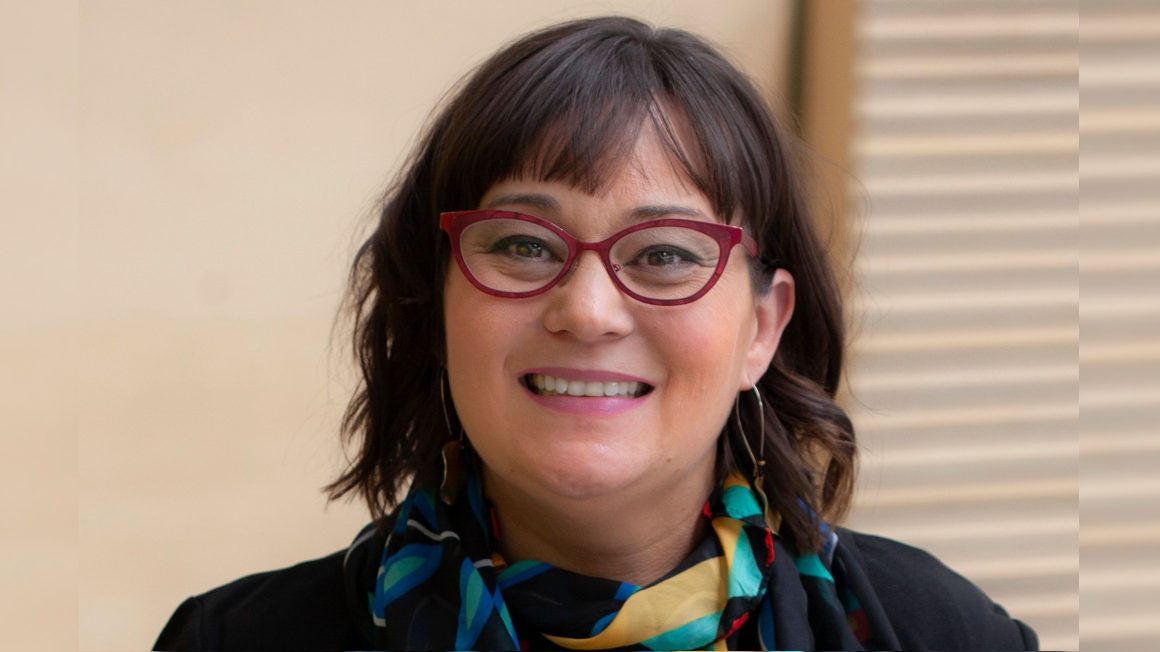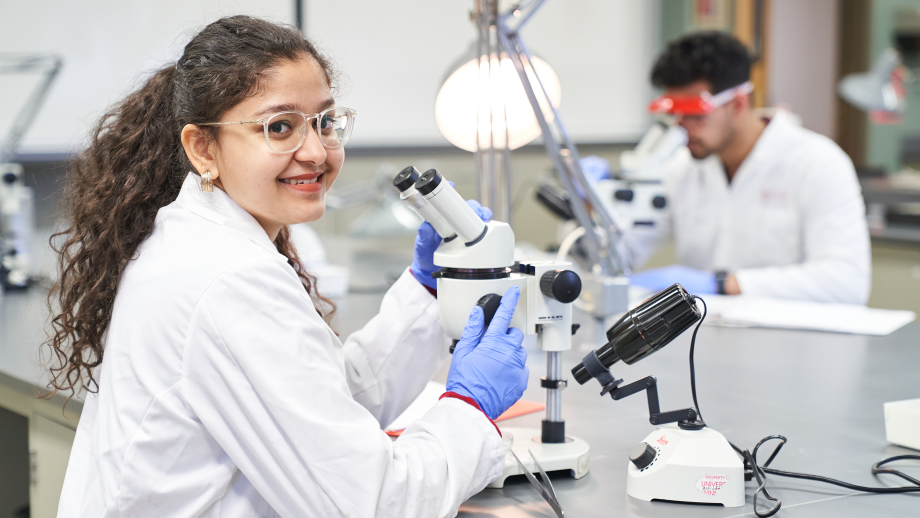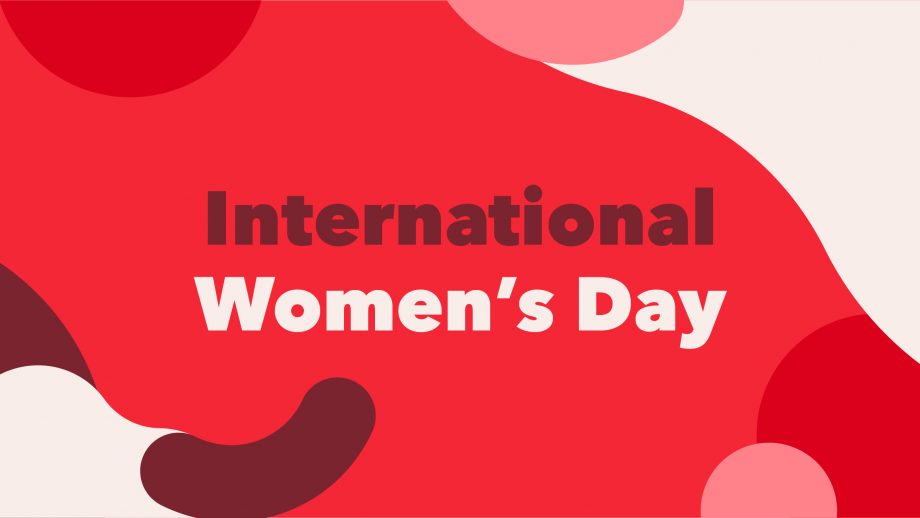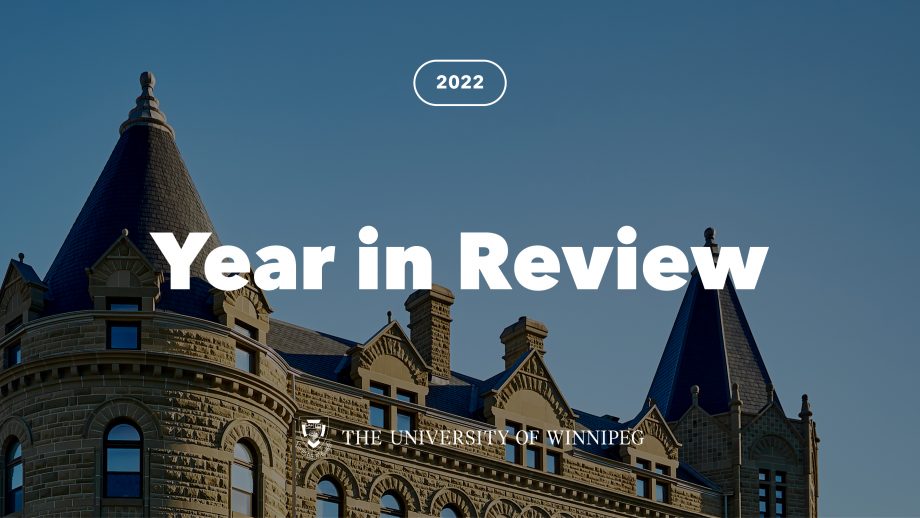The Indigenous doula research team led by University of Winnipeg Canada Research Chair Dr. Jaime Cidro is working on a new project this spring.
Providing Indigenous Cultural Care Through Midwife-Doula Partnerships in Winnipeg was the highest-ranking application of 171 applications for the recent Social Sciences and Humanities Research Council of Canada (SSHRC) Race, Gender and Diversity Initiative, and comes with $449,980 in research funding.
These partnerships are integral to ensure the continued health and wellbeing of our constituents.
Della Herrera
This new research, which builds off the five-year project She Walks with Me: Supporting Urban Indigenous Expectant Mothers Through Culturally Based Doulas housed at the Aboriginal Health and Wellness Centre (AWHC), will investigate the relationships between doulas and midwives in Winnipeg.
Providing Indigenous Cultural Care Through Midwife-Doula Partnerships in Winnipeg will coordinate culturally appropriate care for Indigenous birthing people in the city, providing a more holistic experience for women and families at the project’s partner organizations, which include the AWHC, Mount Carmel Clinic (MCC), and the Women’s Health Clinic (WHC) Birth Centre.
Cidro would like to acknowledge the contributions of her research lab staff, especially Larissa Wodtke, Senior Research Associate and Doula Project Coordinator, who worked on the application alongside coordinators Ashley Hayward and Kiera Kowalski at the Kishaadigeh Collaborative Research Centre.
“We are very fortunate to have Larissa on our team,” said Cidro. “She is a tremendous support to the community partners and the project as a whole. Our final rank in the competition is attributed to her skill and dedication to the urban Indigenous doula project.”
Wodtke has worked at UWinnipeg supporting Indigenous research projects for more than a decade. She previously managed the Six Seasons of the Asiniskaw Ithiniwak Project and later worked alongside Dr. Lorena Fontaine to support the implementation of an Indigenous Language Revitalization program at UWinnipeg.
Building on the Urban Doula
She Walks with Me was awarded funding from the Canadian Institutes of Health Research in 2020. She Walks with Me aims to support Indigenous women and their families by supplying culturally appropriate supports throughout their pregnancies through an urban Indigenous doula program. The project investigates the necessary administrative and training tools needed to create a sustainable doula program alongside the First Nations Health and Social Secretariat of Manitoba.
This new arm of the project, which AHWC will co-direct alongside MCC and WHC, recognizes the need for doulas and midwives to collaborate to ensure wholistic and non-duplicative maternal health care for Indigenous birthing people and their families in Winnipeg.
“These partnerships are integral to ensure the continued health and wellbeing of our constituents,” said Della Herrera, Executive Director at AHWC. “They enhance our existing programs by providing evidence-based information.”
To celebrate the Women’s Health Clinic 10-year anniversary, it was recently gifted a Spirit name for the birth centre, formally known as the Birth Centre-Centre de naissance. ‘Ode’imin,’ the Ojibwa word for strawberry, and the Teaching received with the name is ‘where new life comes from.’
“The Elder’s teaching accompanying this name says that the colours it has been gifted with are representative of the four Nations: Red, Black, White, and Yellow,” said Kemlin Nembhard, Executive Director, WHC. “These partnerships will help facilitate a network of care at Ode’imin, to ensure it is a welcoming and safe space for all birthing people.”
“This project will help us build a welcoming and safe space for all birthing people,” echoed Erin Bockstael, Manager of Family and Community Programs at the Women’s Health Clinic. “It will help address gaps in care and ensure that pregnant people and parents of young infants are getting the full range of supports and information they need to be well, and to adjust to the demands of pregnancy and parenting.”
Social Sciences and Humanities Research Council of Canada (SSHRC) Race, Gender and Diversity Initiative
Community-based research is critical to better understanding the causes and persistence of systemic racism and to addressing disparities related to race, gender and other forms of diversity.
“When academia and community partners work together, underrepresented groups can lead research rooted in their lived experiences,” said The Honourable François-Philippe Champagne, Minister of Innovation, Science and Industry. By addressing these major systemic issues, and providing culture-based approaches, together, we are fostering a more inclusive and greater country.”





